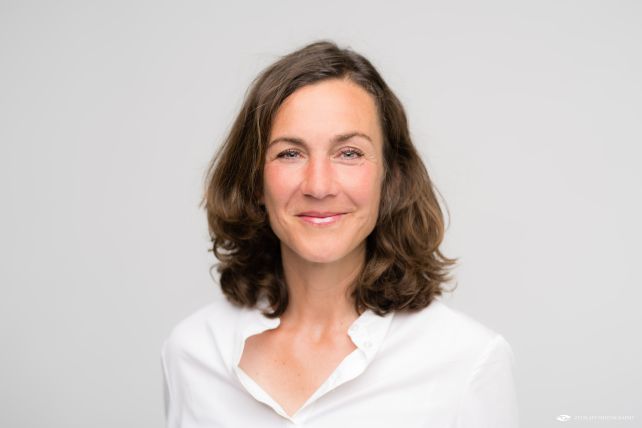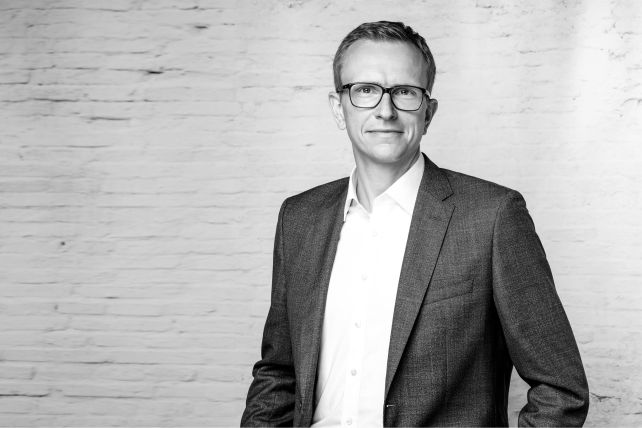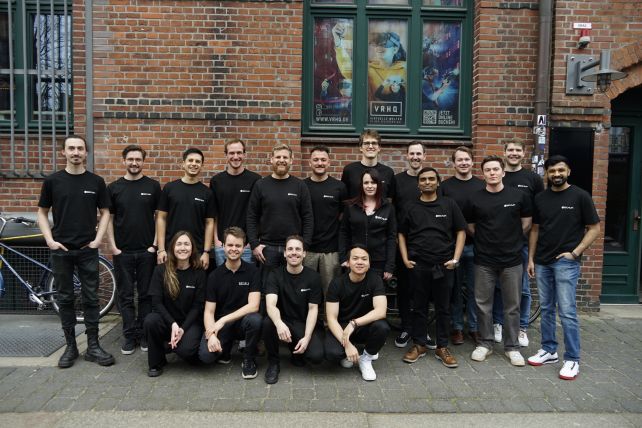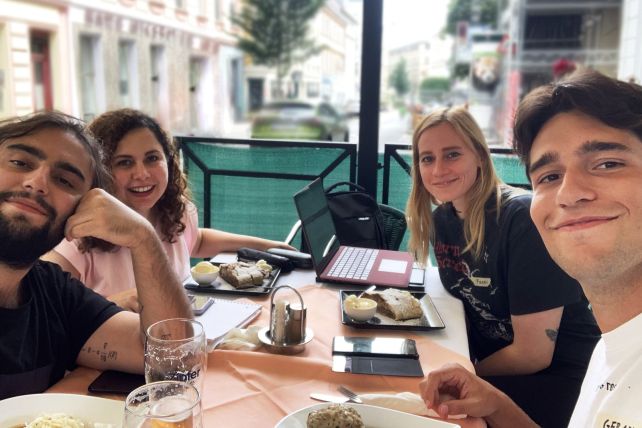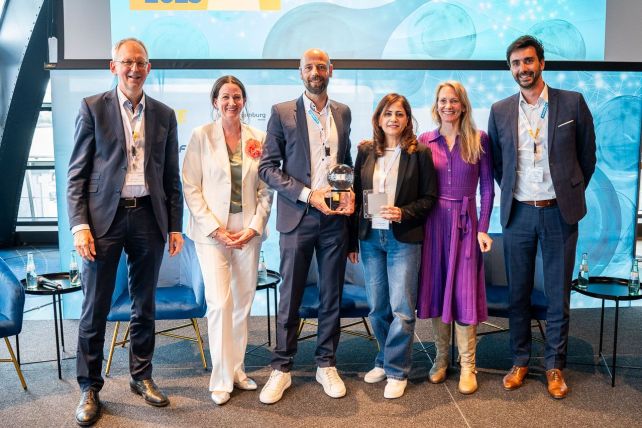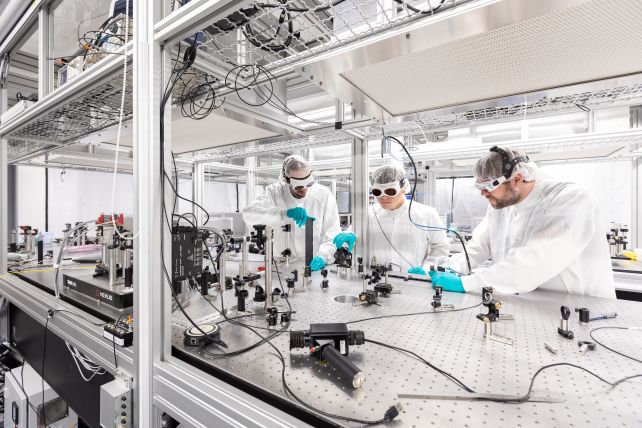elementarhy makes green hydrogen cheaper
Hamburg is well on the way to becoming a leading hydrogen location. This is confirmed by a recently published study by the Fraunhofer Center for Maritime Logistics and Services. Among other things, the construction of a production plant on the site of the former Moorburg coal-fired power plant should contribute to this. The startup elementarhy, which has developed a technology that makes the production of green hydrogen more competitive and environmentally friendly, is also making a valuable contribution.
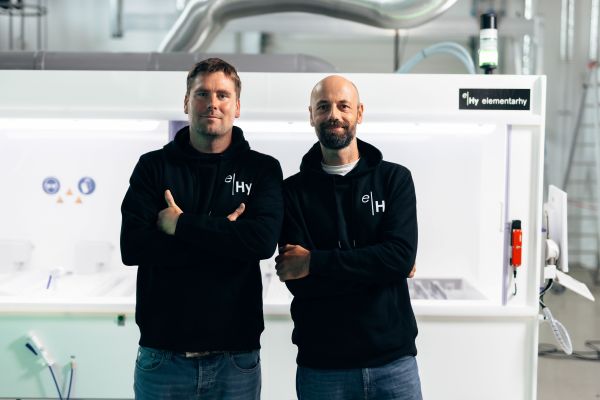
Hydrogen as storage for renewable energy
The switch to almost exclusively wind and solar power is considered essential for effective climate protection. However, a constant supply is not guaranteed due to seasonal and weather-related fluctuations. On good days, more energy is generated than is needed, while on bad days with hardly any wind and sun, there is a risk of shortages. The production of hydrogen, which makes surplus renewable energy storable and usable in industrial processes, could compensate for this.
To date, hydrogen has been produced almost exclusively from fossil fuels, releasing CO2, which contradicts climate protection targets. Yet the technological alternative has long been available. Electrolysis is used to split water into hydrogen and oxygen, so the starting material could not be cheaper. The device that makes this process possible is called an electrolyser. The core element of an electrolyser is the membrane electrode assembly (MEA) surrounded by water. If an electrical voltage is applied there, the water is split. The MEA can be compared to the chip in a computer: it makes the decisive difference.
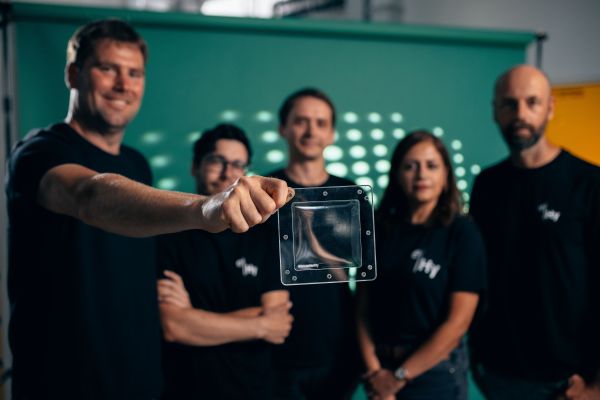
elementarhy saves up to 95% iridium and increases efficiency
The electrolyser increases the cost factor many times over. One of the main raw materials used in its construction is iridium. Iridium is one of the rarest metals of all; it is considerably rarer than gold or platinum. Only between eight and nine tons are mined annually, most of it in South Africa. Global demand is constantly increasing and with the technology currently available, demand would be three times higher than supply. It is therefore very expensive and hardly scalable.
This is where elementarhy GmbH comes into play. It has developed an MEA that combines several advantages over other models. The need for iridium is particularly significant. This is reduced by 95% with elementarhy's technology. This is made possible by a thin-film process that reduces overall material consumption, even for the platinum that is also processed. Initial test runs have shown cost savings of up to 50%.
The new technology is also considerably more environmentally friendly. Up to now, for catalyst coating per- and polyfluoroalkyl substances (PFAS), also known as perpetual chemicals, have been used. As the name suggests, they are extremely persistent and therefore pollute the environment. In the USA and Europe, bans are at least under discussion, and in some cases have already been decided. elementarhy has developed a PFAS-free catalyst layer and can therefore offer MEAs without these chemicals much more easily.
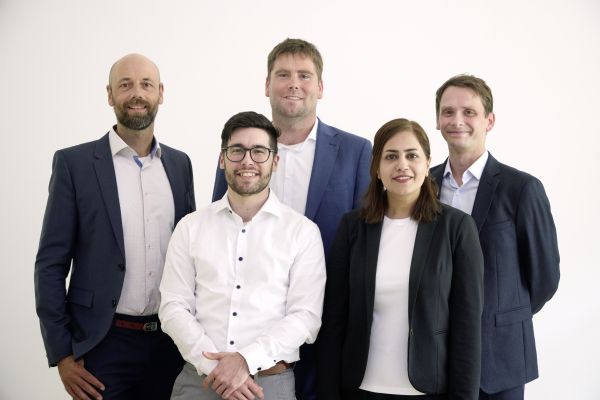
Developed in Greifswald, established in Hamburg
More than ten years of research have gone into elementarhy's MEA. The environmental scientist and electrochemist Dr. Gustav Sievers (CEO and CTO) is responsible for it. He began his work at the Leibniz Institute for Plasma Science and Technology in Greifswald in 2013. He has known business graduate Arne Birth for even longer, namely since 2005. Arne has a long career in the energy industry behind him, with positions at BASF and Gazprom. At elementarhy, he acts as CFO and CMO. The core team also includes Dr. Martin Rohloff, responsible for production and procurement, Dr. Zahra Nasri (CSO), originally from Iran, who is in charge of product development and quality management, and Portuguese André Pacheco, responsible for the test systems. A heterogeneous team with a common goal: scaling the hydrogen economy to live in a climate-neutral world.
The company was officially founded in Hamburg in May 2024. The main trigger for the move to set up the company was Russia's war against Ukraine and the resulting acceleration of the realignment of the energy supply. The choice of location was influenced by the aforementioned leading role of the Hanseatic city in the hydrogen economy. The Hamburg Renewable Energy Cluster is one of the reasons for this. The North German Hydrogen Strategy, for which the five northern federal states joined forces in 2019, is also a driving force. The plans for the development of a green hydrogen economy extend to the year 2035.
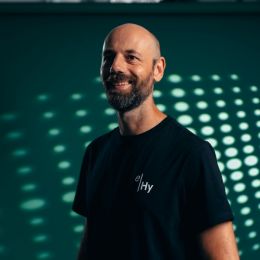
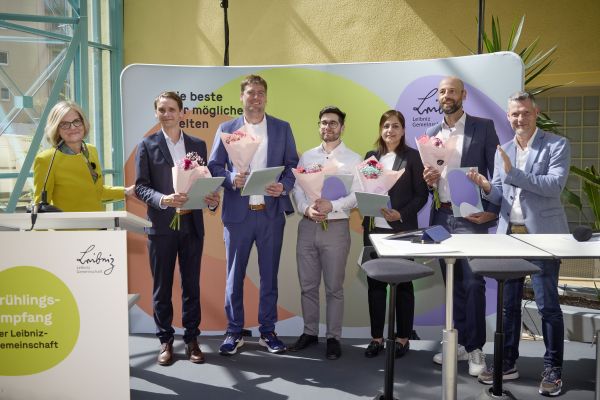
The sponsors and supporters of elementarhy
In 2024, the startup received the award "Leibniz-Gründungspreis", which is endowed with 50,000 euros. Even more important is the funding from the Federal Ministry for Economic Affairs and Climate Protection via the EXIST research transfer programme. As the costs of scaling up a hardware startup like elementarhy are high, investors with an affinity to the industry are very welcome. In initial pilot projects, where innovative strength and mechanical engineering expertise come together, elementarhy is working in partnership with leading companies. elementarhy can already verify over 6,000 hours of hydrogen production and has established and new electrolyser manufacturers in its sights as customers.
elementarhy demonstrated its basic market readiness in 2024. In the coming years, commercialisation is to be driven forward and production automated. The focus is clearly on electrolysis, although the technology is also suitable for other areas of application. For fuel cells, for example, or even for “Carbon Capture and Utilization” (CCU), the capture, transport and subsequent use of CO2 for chemical processes, for example. However, the extraction of carbon dioxide from the air has yet to prove itself economically. It makes much more sense not to produce CO2 in the first place anyway. Including with the help of the inexpensive production of green hydrogen.

